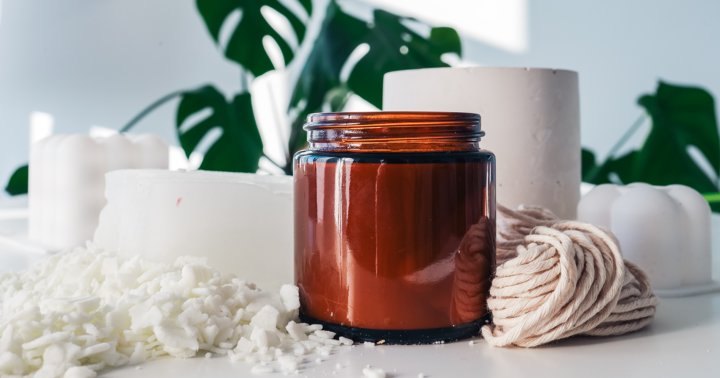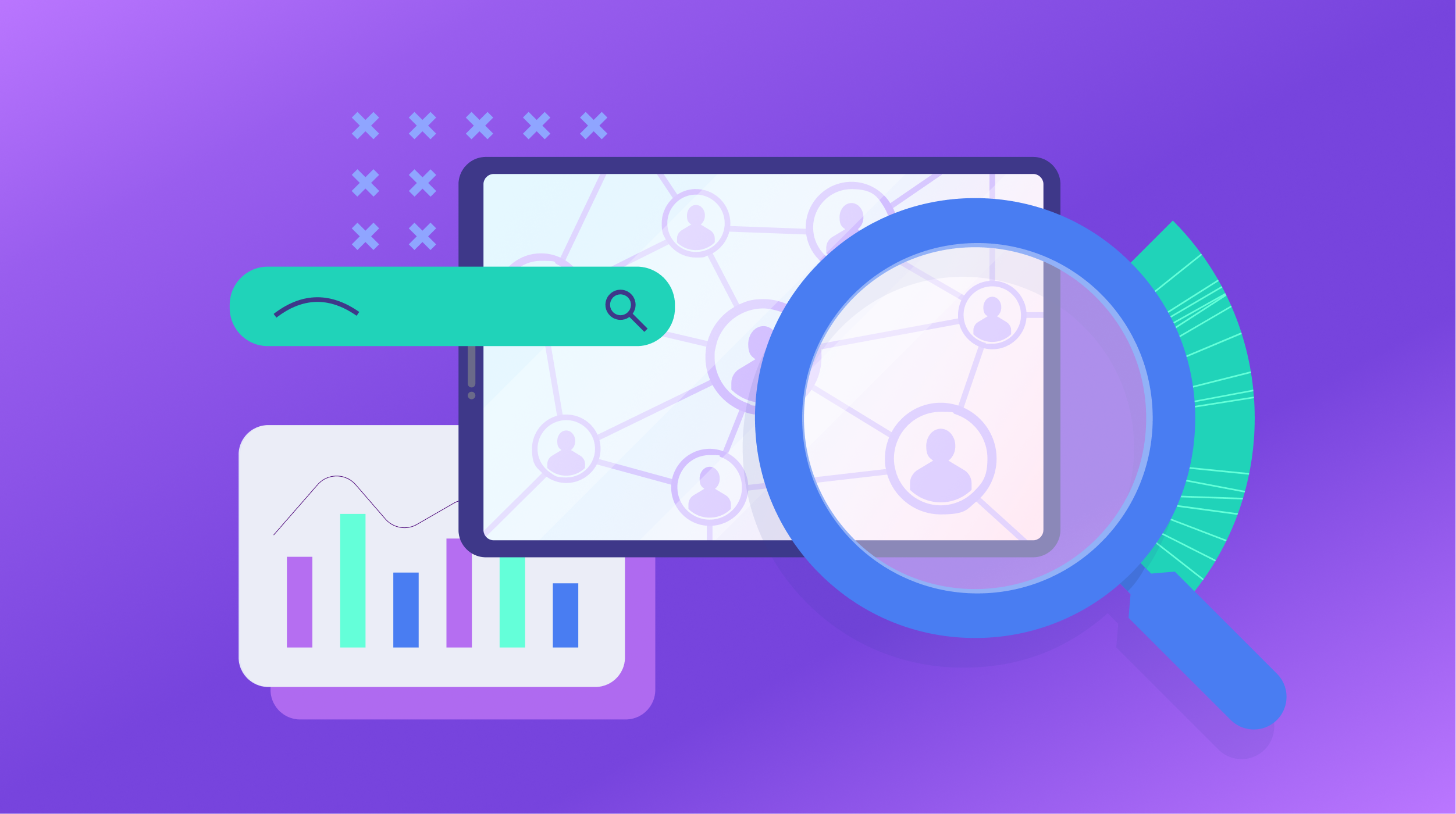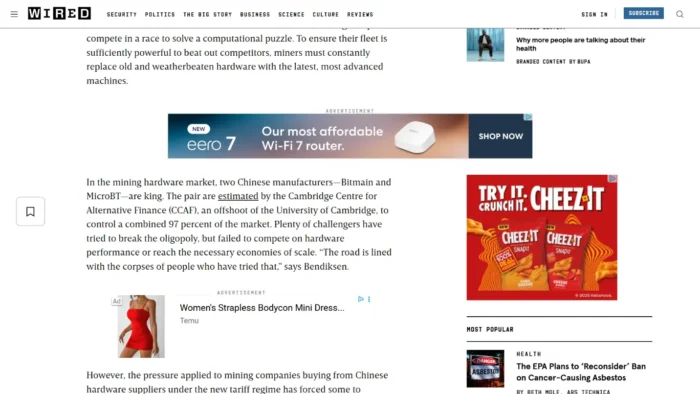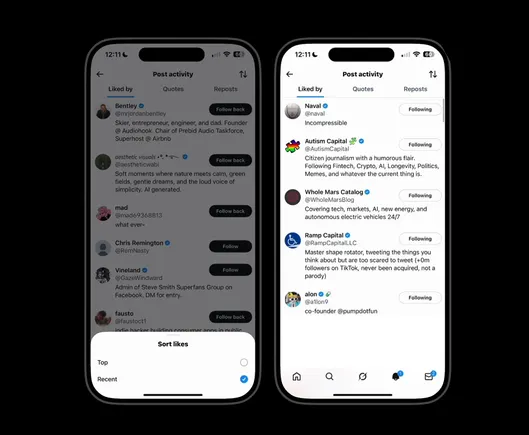You're Probably Not Getting Enough Of This Crucial Mineral — How To Fix That
It's probably more than you think.
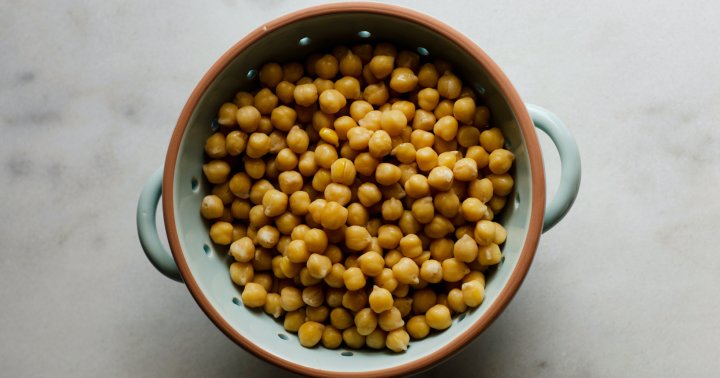
There are so many vitamins and minerals that are essential for daily health and can improve your overall well-being. And there are some, like zinc, that are powerful, targeted additions to your everyday diet to strengthen your immune system and build up your body’s natural healing abilities.*
While there are a few types of food that can help you work toward your daily zinc goals (we’re looking at you, oysters), if you aren’t being intentional, it can sometimes be difficult to adequately nourish your body and reach your zinc needs. And if you're trying to leverage more concentrated doses for immune-centric goals or otherwise, your approach may need to change.*
Not sure how to get enough zinc into your diet, or even how much you should be aiming for? You've come to the right place.
There are several different forms of zinc to be aware of. This essential mineral (aka element) is delivered in a variety of complexes such as zinc sulfate, zinc bisglycinate, zinc oxide, zinc gluconate, zinc acetate, zinc picolinate, zinc citrate, zinc monomethionine, and more.
Zinc sulfate is perhaps one of the most common, however, this form may lead to an upset stomach when taken without food, so keep this in mind when choosing the less expensive option.
There's also the issue of absorption, to get the most out of your zinc intake. In supplement form, zinc bisglycinate offers the most benefit, as clinical research has demonstrated its ability to be significantly more bioavailable (and gentle) than its counterparts.*
As for food, zinc is often found in meat and other animal products, but that doesn’t mean plant-based eaters are left out. “There are a lot of sources of zinc in plant-based diets," says Seattle-based registered dietitian nutritionist, Ginger Hultin M.S., RDN, owner of ChampagneNutrition and author of Anti-Inflammatory Diet Meal Prep and How to Eat to Beat Disease Cookbook, including "soy foods, beans, whole grains, nuts, seeds, and dairy products (if they're included).” Here a few go-to sources to consider (for more detail, check out our roundup of zinc-rich foods):
Baseline daily zinc needs vary from person to person, and is even affected by your sex and age. “For adults 19 and up, it remains 11 milligrams for males and drops to eight milligrams for females,” explains Hultin. “During pregnancy and lactation, the recommendations are 11 and 12 milligrams respectively for those 19 years and above.”
However, your body could benefit from even more zinc than just the baseline recommendation. “That's a minimum requirement. For optimal health and targeted support (think immunity), zinc needs are thought to be even higher (15 to 30 milligrams),”* notes mbg’s Vice President of Scientific Affairs, Ashley Jordan Ferira, Ph.D., RDN.
Another compelling reason to consider zinc inputs in your nutrition ritual with some intention is the significant number of people with a zinc gap. “Considering food sources alone, 15% of U.S. adults are not getting enough zinc,” warns Ferira, making supplementation a potential asset to any diet. That's over 30 million Americans, to put things in perspective.
Zinc is especially important during the growth and development phase of life, but there are other people who may have a higher risk of lacking zinc in their diet or whose bodies are utilizing the mineral more rapidly and thus, have increased needs. Consult with your doctor to see if you might fall in these categories.
Can you take too much zinc?
As with any other mineral or nutritional component, it is possible to have too much of a good thing and zinc is no exception. However, Hultin notes that it’s fairly difficult to get to this point.
For the most part, your daily zinc consumption shouldn't regularly exceed 40 milligrams. If you take more than this over time, you may experience mild gastrointestinal upset, and it may interfere with your body's absorption of other important minerals (such as magnesium, iron, and copper).
As with most updates to your supplement regimen, it's always helpful to check with a nutrition-minded healthcare practitioner when considering a zinc supplement, particularly if you have key health considerations or concerns.
Zinc is one mineral you shouldn’t neglect. Aiming for adequate intake of zinc each day is important for supporting your immunity and overall well-being.* Consuming zinc-rich foods, as well as supplements containing bioavailable zinc are the best strategies to ensure you get there.
If you are pregnant, breastfeeding, or taking medications, consult with your doctor before starting a supplement routine. It is always optimal to consult with a health care provider when considering what supplements are right for you.

 BigThink
BigThink 







